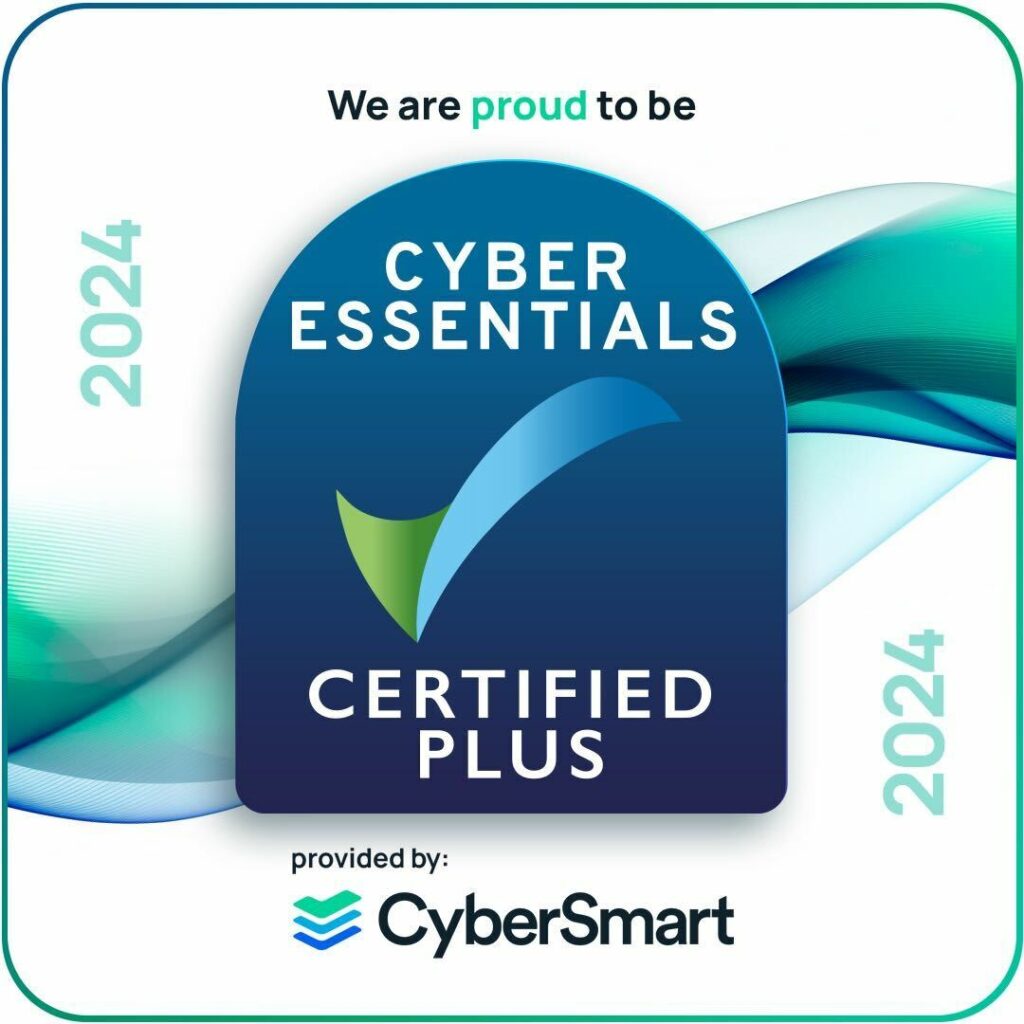Richard Kemp participates in a panel discussion on the cloud published in The Lawyer in February 2016.
Q: What are your predictions for how firms will be using technology in 2016?
Richard Kemp, founder, Kemp IT Law: Front-of-house applications like digital engagement (social media, mobile and analytics) and middle-office-ware applications (like pricing, resource planning and knowledge management) are investment priorities in 2016.
The cloud continues to vex, with what management sees as the risk of a potentially terminal client data breach sitting uncomfortably alongside demonstrable cost and efficiency benefits.
Q: Will this be the year that we see AI take centre stage in terms of the delivery of services?
Kemp: 2016 will see more function-specific AI and BI (business intelligence) software deals like 2015’s tie-ups between BLP and RAVN (light obstruction notice automation) and Pinsent Masons and Cerico (compliance check cloud platform).
But the real killer app for lawyers – and you’ve still got to go a long way to top email and file attachment – is going to be something much more universal, probably voice activated, like contract assembly or legal research. Here, the ROSS legal assistant application developed on the IBM Watson platform (which Dentons invested in in 2015) perhaps points the way ahead, with its natural language front-end and its cognitive ability to learn from feedback.
Q: There are indications that much more sophisticated panel RFPs are likely this year, with clients likely to look for providers to increase the level of collaboration with other firms/legal services providers. How can technology help with this?
Kemp: Big clients like their law firms to play nice and don’t like seeing them strut. Technology can help with this. The banking legal technology (BLT) portal – set up by a number of magic circle firms as a collaborative legal know-how platform for their investment banking clients and now run by High Q – is still probably the best example of this combination of procurement, collaboration and technology.
Q: How likely is it that we will see better use of CRM technology to manage and build true business/sales pipelines as firms move to a more sales-oriented culture?
Kemp: The IT investments currently under way or planned in the areas of client digital engagement and partner decision support systems based around pricing, resourcing and project management are all propelling law firms towards more granular control of top and bottom lines at the client and matter levels.
Q: Do you anticipate further costs reduction this year via the use of technology? If so, where will we see the biggest changes?
Kemp: One word: cloud.


